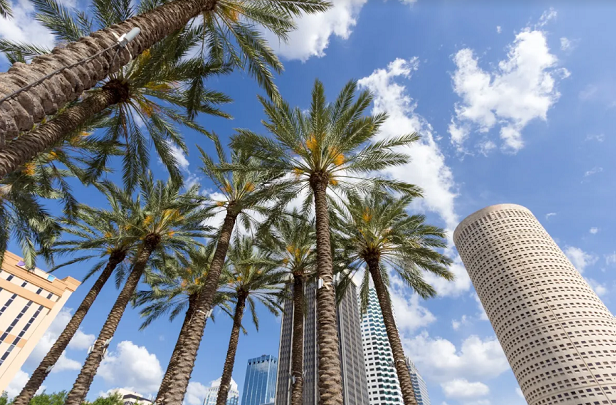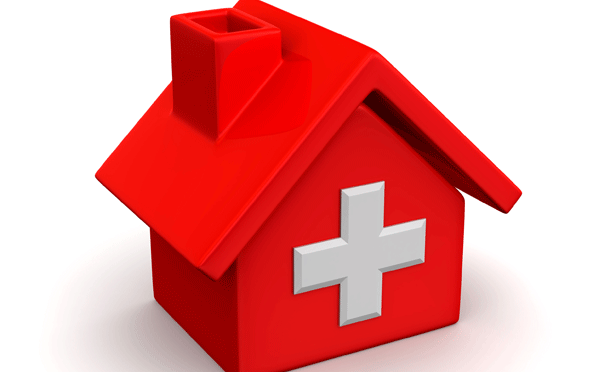JACKSONVILLE, FL—North Florida could benefit from future research related to the coronavirus. Michael Brown, senior director for office services for Colliers International in Jacksonville, who is a life sciences CRE specialist, believes clusters will continue to develop around the University of Florida and Alachua and around the Mayo Clinic in Jacksonville.
"There are some very talented people in this region at the Mayo Clinic and the University of Florida, as well as some world-class contract manufacturing operations in Alachua," Brown tells GlobeSt.com. "There will be companies seeking out their help, particularly in a time like this. I can also see other contract manufacturers and contract research groups giving North Florida serious consideration for expansion."
Companies are being funded and good science is finding its way into labs, Brown says. There are positive developments that offer promise.
"We are going to see a lot of push and pull. If this goes on for a much longer period of time than anyone hopes, I think there will be more detrimental issues and things that are unforeseen such as supply chains collapsing. But there is a silver lining out there as well. The science developed recently over the last two years has been way ahead of the innovation curve in terms of discovery. Manufacturing processes are getting better. The science itself, even if it is postponed or interrupted, will still be good science when it's sitting on the shelf and not doing anything for a while."
The country's main life science clusters are well-established-Boston, San Francisco, San Diego and North Carolina's Research Triangle—but there are secondary markets that are slowly gaining density and Brown asserts that Jacksonville has the foundation to become a small cluster. He cites land availability, transportation infrastructure and science coming out of the region's universities. The academic underpinning is essential and it bodes well for Jacksonville, he says.
Many challenges lie ahead, but Brown is optimistic that the life sciences sector in the US has the building blocks in place.
"My feeling is that when this does end, that ramping back up in pursuit of this science is going to be difficult and will require funding and new regulations, but it can be done and it's not as though we've had companies out there failing in what they are pursuing," he says. "I don't want to say we will pick up right where we left off, but this particular industry will bounce back and it will bounce back with lessons learned along the way that will be very much process oriented."
© 2025 ALM Global, LLC, All Rights Reserved. Request academic re-use from www.copyright.com. All other uses, submit a request to [email protected]. For more information visit Asset & Logo Licensing.








